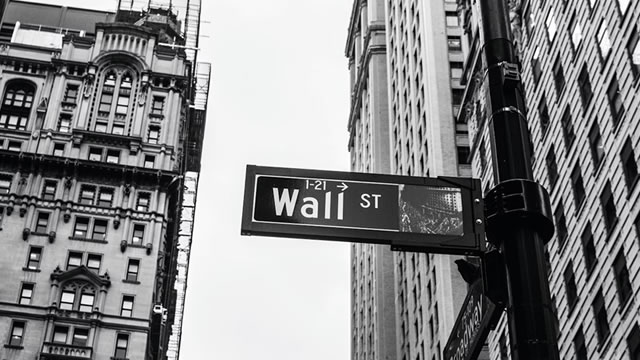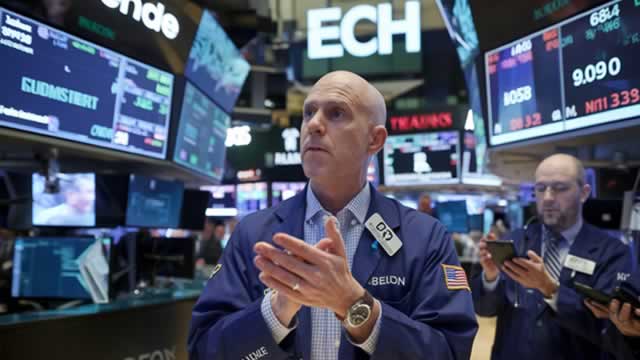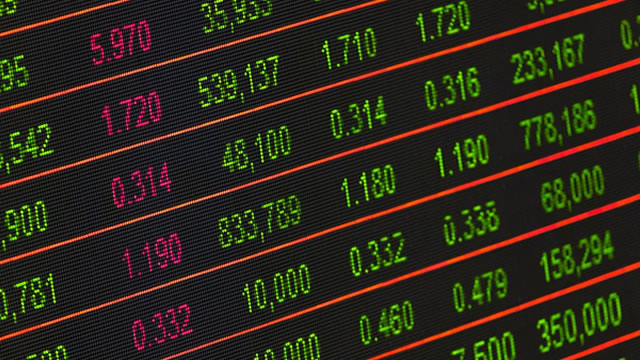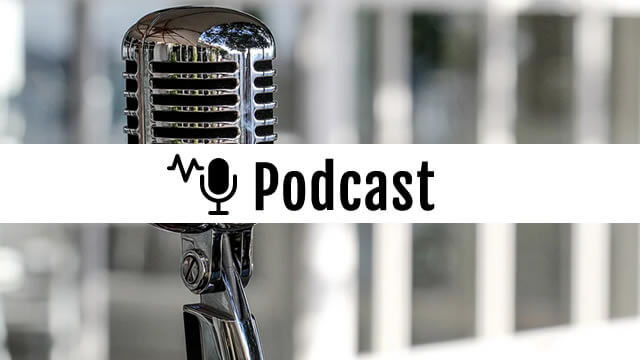Tariffs and Tax Cuts: A Policy Mismatch with Unintended Consequences
In a recent interview, Kevin Gordon, the Chief Equity Strategist at Charles Schwab, shed light on the potential market impact of tariffs and tax cuts. According to Gordon, the U.S. implementation of both policies might create a ‘vicious cycle’ that could negatively affect earnings.
Tariffs: The Hidden Cost
Tariffs, as a form of protectionist trade policy, aim to shield domestic industries from foreign competition by imposing taxes on imported goods. The U.S. has recently imposed tariffs on various goods from China, Europe, and other countries, which could lead to higher prices for American consumers. This is because companies may choose to pass on the additional costs to consumers or absorb them, which could result in reduced profitability.
Tax Cuts: A Double-Edged Sword
On the other hand, tax cuts are designed to stimulate economic growth by reducing the tax burden on individuals and corporations. The U.S. tax cuts implemented in late 2017 have led to a boost in corporate profits and consumer spending. However, they have also resulted in an increase in the U.S. budget deficit.
The Mismatch: A Recipe for Trouble
Gordon argues that the implementation of tariffs and tax cuts together creates a policy mismatch. The tariffs could lead to higher costs for companies, which could negatively impact their earnings. At the same time, the tax cuts may not be enough to offset these increased costs, leading to a ‘vicious cycle’ of lower earnings and reduced economic growth.
The Impact on You
As a consumer, you might face higher prices for goods and services due to the tariffs. Additionally, companies may reduce their earnings guidance or even cut dividends if they are unable to pass on the increased costs to consumers or absorb them themselves. This could lead to a decrease in the value of your investments.
- Higher prices for goods and services
- Reduced earnings guidance from companies
- Potential for dividend cuts
The Impact on the World
The policy mismatch could also have far-reaching consequences for the global economy. Other countries may respond with their own tariffs, leading to a trade war and a potential reduction in international trade. This could result in a slowdown in economic growth and increased uncertainty for businesses operating globally.
- Potential for a trade war and reduced international trade
- Slowdown in economic growth
- Increased uncertainty for global businesses
Conclusion: Navigating the Uncertainty
Gordon’s analysis underscores the importance of considering the potential unintended consequences of economic policies. The policy mismatch between tariffs and tax cuts could lead to a ‘vicious cycle’ of lower earnings and reduced economic growth. As investors, it is crucial to stay informed about global economic developments and to diversify our portfolios to mitigate risk.
In the face of uncertainty, it may be prudent to consult with a financial advisor or investment professional to help navigate the complexities of the global economy and to ensure that your investments are aligned with your long-term financial goals.
Stay informed and stay calm. The market will always have its ups and downs, but with careful planning and a long-term perspective, you can weather the storm and come out on top.





